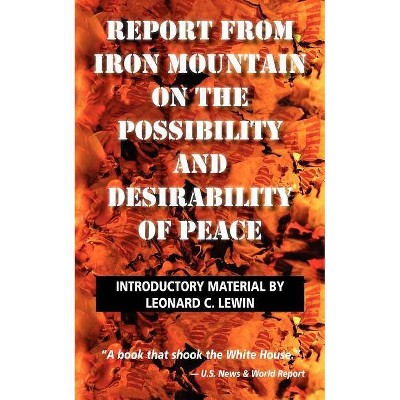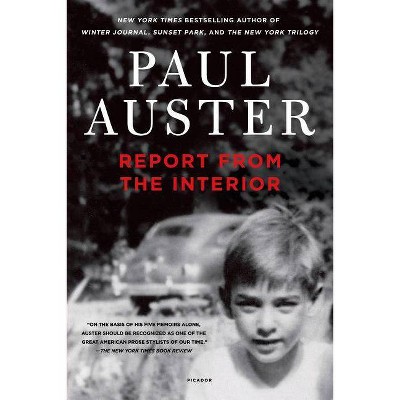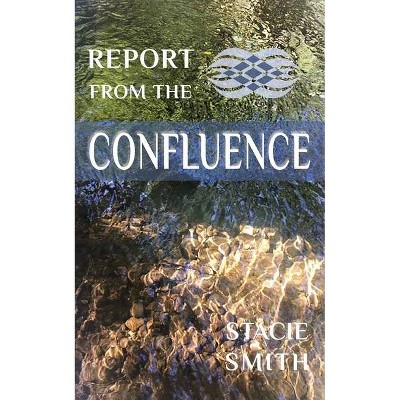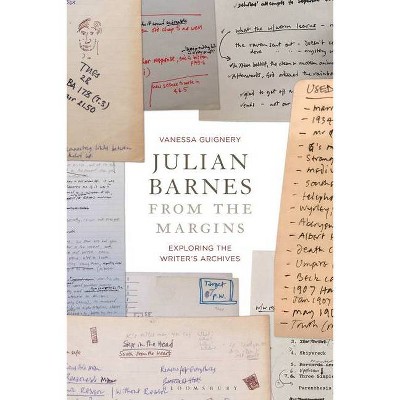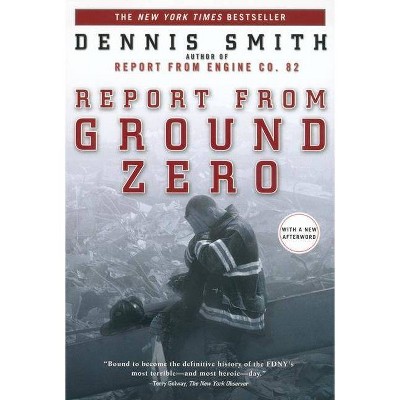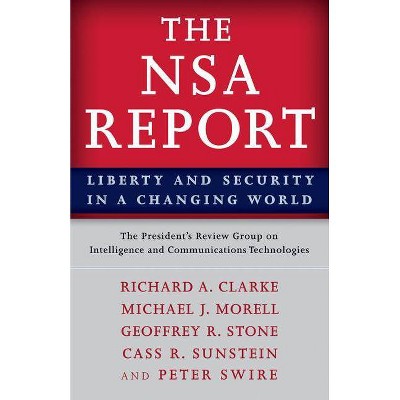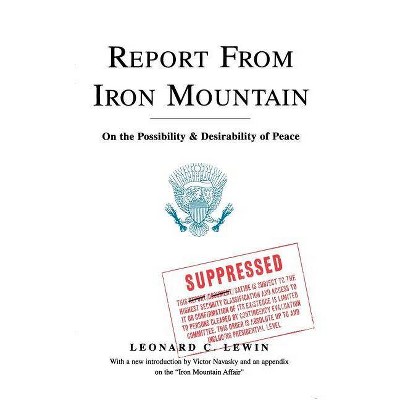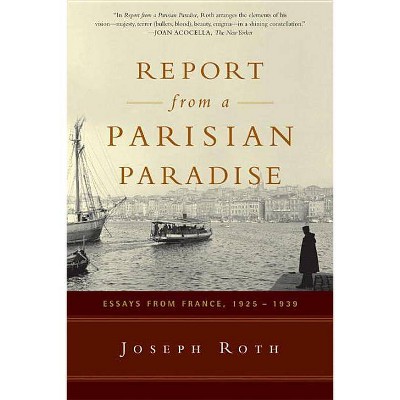Report from the Frontier - by Julian Burger (Paperback)
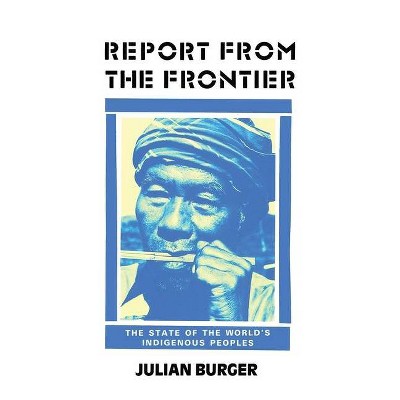
Similar Products
Products of same category from the store
AllProduct info
<p/><br></br><p><b> Book Synopsis </b></p></br></br><p>The Western view of native people is a cliched mixture of misinformation. The prevailing view has often been that indigenous peoples were merely obstacles to the onward march of progress. Even now the echoes of history remain strong. <p/>Today, however, the lands of indigenous peoples are the new frontier full of the raw materials coveted by industrial society. This new colonization recalls the old: the same impetus to 'civilise' exists today in the minds of political leaders, World Bank officials and transnational corporations. Yet it is an ill-disguised bonanza with no thought for the long-term effects on the land, or the people who live there. Only the elimination of the colonial relationship itself can lead to a partnership of cultures.</p><p/><br></br><p><b> Review Quotes </b></p></br></br><br>"This is an exhaustive report on the condition (as of 1987) of several hundred of the world's surviving native nations. Covering all continents, the book gives historical accounts of the arrival of the colonial pavers, the suppression of autonomy, the alienation from native lands and customs, and the current situation. [...] Population tables, maps, chronologies, resource, guides and other helpful devices make Report from the Frontier an absolutely essential document for anyone seeking to grasp the big picture on the situation of native peoples on the planet today." --<i>Jerry Mander</i><br><p/><br></br><p><b> About the Author </b></p></br></br><p>Dr Julian Burger is Visiting Professor at the Human Rights Centre at the University of Essex in the UK. Before taking up his University appointment, he worked at the United Nations Office of the High Commissioner for Human Rights for 20 years during which time he headed the programme on indigenous peoples and minorities. During this period, he organized the discussions on the Declaration on the Rights of Indigenous Peoples and helped launch the principle human rights mechanisms on indigenous peoples - the Special Rapporteur, Permanent Forum on Indigenous Issues and the Expert Mechanism on the Rights of Indigenous Peoples. He also helped establish inter-agency networks of UN organizations to improve integration of indigenous and minority rights into development programmes. He has visited indigenous and minority communities in many parts of the world. He has published books and articles on indigenous peoples and human rights since the 1980s<br>Dr Julian Burger is Visiting Professor at the Human Rights Centre at the University of Essex in the UK. Before taking up his University appointment, he worked at the United Nations Office of the High Commissioner for Human Rights for 20 years during which time he headed the programme on indigenous peoples and minorities. During this period, he organized the discussions on the Declaration on the Rights of Indigenous Peoples and helped launch the principle human rights mechanisms on indigenous peoples - the Special Rapporteur, Permanent Forum on Indigenous Issues and the Expert Mechanism on the Rights of Indigenous Peoples. He also helped establish inter-agency networks of UN organizations to improve integration of indigenous and minority rights into development programmes. He has visited indigenous and minority communities in many parts of the world. He has published books and articles on indigenous peoples and human rights since the 1980s</p>
Price History
Price Archive shows prices from various stores, lets you see history and find the cheapest. There is no actual sale on the website. For all support, inquiry and suggestion messagescommunication@pricearchive.us
